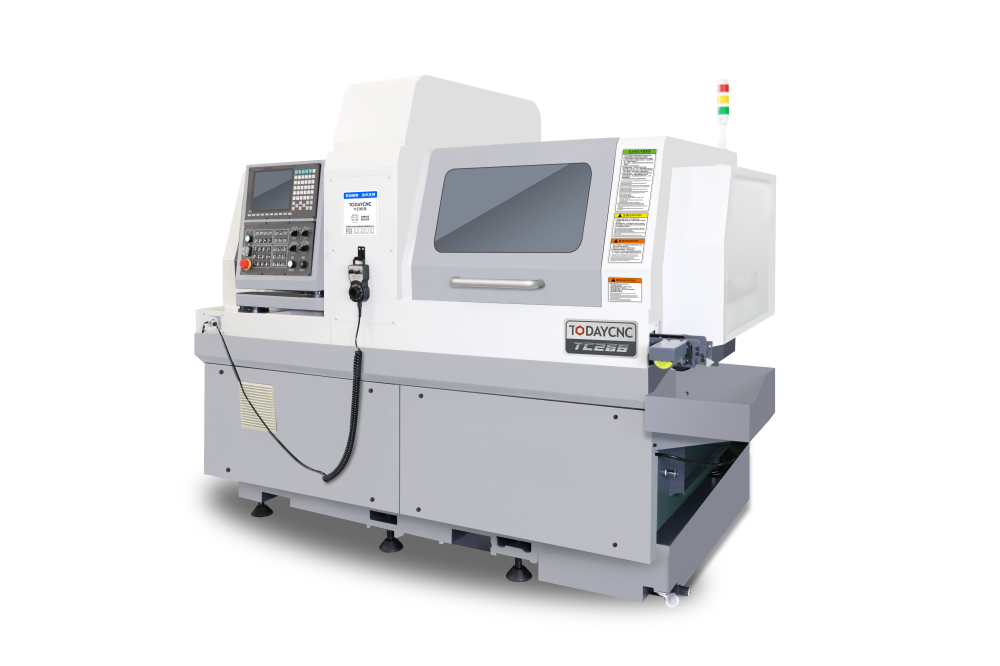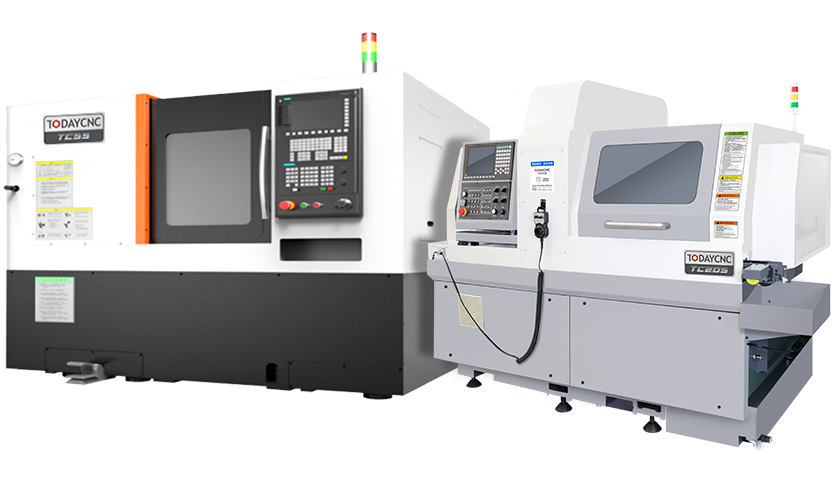Understanding Precision CNC Turning: A Key Process in Modern Manufacturing
Precision CNC turning is a sophisticated machining process that employs computer numerical control (CNC) technology to shape materials with high accuracy and repeatability. This method is particularly advantageous in the manufacturing sector, where consistency and precision are paramount. The core principle of precision CNC turning involves rotating a workpiece against a cutting tool, allowing for the precise removal of material to create cylindrical shapes and complex geometries.
One of the key benefits of precision CNC turning is its ability to produce high-quality parts with tight tolerances. The CNC system allows for meticulous control over the cutting parameters, such as speed, feed rate, and tool path. This level of control ensures that each component meets the specified dimensions and surface finishes required by various industries, including aerospace, automotive, and medical.
The versatility of precision CNC turning makes it suitable for a wide range of applications. It can be used to manufacture components such as shafts, bushings, and fittings, which are essential in many mechanical assemblies. Additionally, the process accommodates various materials, including metals like aluminum, steel, and titanium, as well as plastics, making it an ideal choice for diverse manufacturing needs.
Another significant advantage of precision CNC turning is its efficiency. Automated CNC machines can operate continuously, reducing cycle times and increasing throughput. This efficiency not only lowers production costs but also enhances productivity, allowing manufacturers to meet tight deadlines and respond quickly to market demands.
Moreover, precision CNC turning is highly compatible with advanced manufacturing techniques like additive manufacturing and hybrid machining. This compatibility allows for innovative production methods that combine the strengths of different machining processes, leading to the creation of more complex parts and assemblies.
In summary, precision CNC turning is a cornerstone of modern manufacturing, offering unparalleled precision, efficiency, and versatility. By understanding the fundamental principles and advantages of this process, professionals in the manufacturing and machining sectors can leverage its capabilities to enhance their production methods and meet the evolving demands of the industry. Whether you are exploring new techniques or optimizing existing practices, precision CNC turning is undoubtedly a process worth considering for your machining needs.
One of the key benefits of precision CNC turning is its ability to produce high-quality parts with tight tolerances. The CNC system allows for meticulous control over the cutting parameters, such as speed, feed rate, and tool path. This level of control ensures that each component meets the specified dimensions and surface finishes required by various industries, including aerospace, automotive, and medical.
The versatility of precision CNC turning makes it suitable for a wide range of applications. It can be used to manufacture components such as shafts, bushings, and fittings, which are essential in many mechanical assemblies. Additionally, the process accommodates various materials, including metals like aluminum, steel, and titanium, as well as plastics, making it an ideal choice for diverse manufacturing needs.
Another significant advantage of precision CNC turning is its efficiency. Automated CNC machines can operate continuously, reducing cycle times and increasing throughput. This efficiency not only lowers production costs but also enhances productivity, allowing manufacturers to meet tight deadlines and respond quickly to market demands.
Moreover, precision CNC turning is highly compatible with advanced manufacturing techniques like additive manufacturing and hybrid machining. This compatibility allows for innovative production methods that combine the strengths of different machining processes, leading to the creation of more complex parts and assemblies.
In summary, precision CNC turning is a cornerstone of modern manufacturing, offering unparalleled precision, efficiency, and versatility. By understanding the fundamental principles and advantages of this process, professionals in the manufacturing and machining sectors can leverage its capabilities to enhance their production methods and meet the evolving demands of the industry. Whether you are exploring new techniques or optimizing existing practices, precision CNC turning is undoubtedly a process worth considering for your machining needs.
Related Blog














